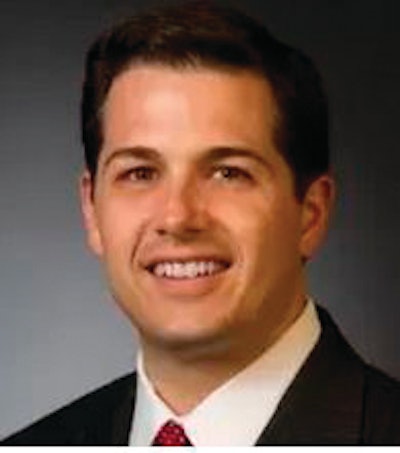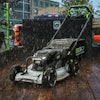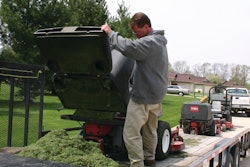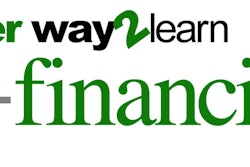
Most Americans are not saving enough for their retirement. Unfortunately, many small business owners, including landscape contractors and equipment dealers, fall into this category. "Most aren't saving enough because they are either putting the majority of their resources into their businesses, or because it's too expensive because they didn't start early enough," says Craig Hausz, a certified financial planner based in the Dallas, TX, area.
While it's a great idea to get started early—in your 20s or 30s—it's also true that it's better late than never. In fact, the Department of Labor's Employee Benefits Security Administration points out that there are certain incentives for those over age 50 to play "catch up" on their retirement savings. And for those in their 40s, there's still plenty of time—if they put the right strategy into play.
"Forget the past and set up a plan now," Hausz advises. "Even if it's just a small amount, say $50 a month, right now is the best time to start."
A good rule of thumb is to save at least 10% of your gross income. "I encourage people to find their comfort zone and stretch a little beyond it," Hausz explains. "You'll soon find that you get used to that amount no longer being available for you to spend."
You can take that money and tuck it away into some type of tax-deferred retirement account. "Set up a 401k with your company or open a SEP IRA (Simplified Employee Pension Individual Retirement Arrangement) and put away up to 25% of your wages per year," Hausz explains. 401k payments are normally deducted from one's paycheck. On the other hand, SEP IRA payments are typically set aside and contributed annually once company profit is determined.
Keep in mind that SEP IRA contributions max out at $52,000 (2014 limits), which you would reach if you were making at least $208,000 per year and opting for the maximum 25% allocation. Not likely for most of you. But in the unusual event that you are, you might want to look at additional investments. "At that point I'd hire a financial advisor with credentials to craft a retirement plan that includes tax planning, investment planning, along with an insurance needs analysis," Hausz says.
Tips on hiring a good financial planner
"My suggestion for hiring a financial advisor is simple," Hausz continues. "Find someone with proper credentials who gives independent, objective advice. By credentials, I'd first and foremost look for someone with a CFP (Certified Financial Planner) designation and/or a CPA for planning. For investments, the CFA (Chartered Financial Analyst) credential is best. Many insurance agents and stock brokers will tout the tests they took (Series 7, etc.), but in the end, they end up selling products. I'd never settle on someone that doesn't have one of those three credentials unless you don't have other options.
"Also, find out how they get paid," Hausz continues. "If it's through commissions only, you probably want to look elsewhere. They only get paid by selling you something. Make sure they act in a fiduciary manner. This is a big buzzword in the industry now. You still find many of the big brokerage firms saying they are fiduciaries, but they are never required to meet a fiduciary standard. A fiduciary acts in the best interests of the clients no matter what. Once again, this is typical of your CPA and independent planning firms."
Craig Hausz, CPA, CFP, Managing Partner of Hausz & Associates, PLLC, helps small business owners and high net worth individuals take control of their financial lives through strategic financial and tax planning. He can be reached at (214) 287-4446 or email him at [email protected].


















